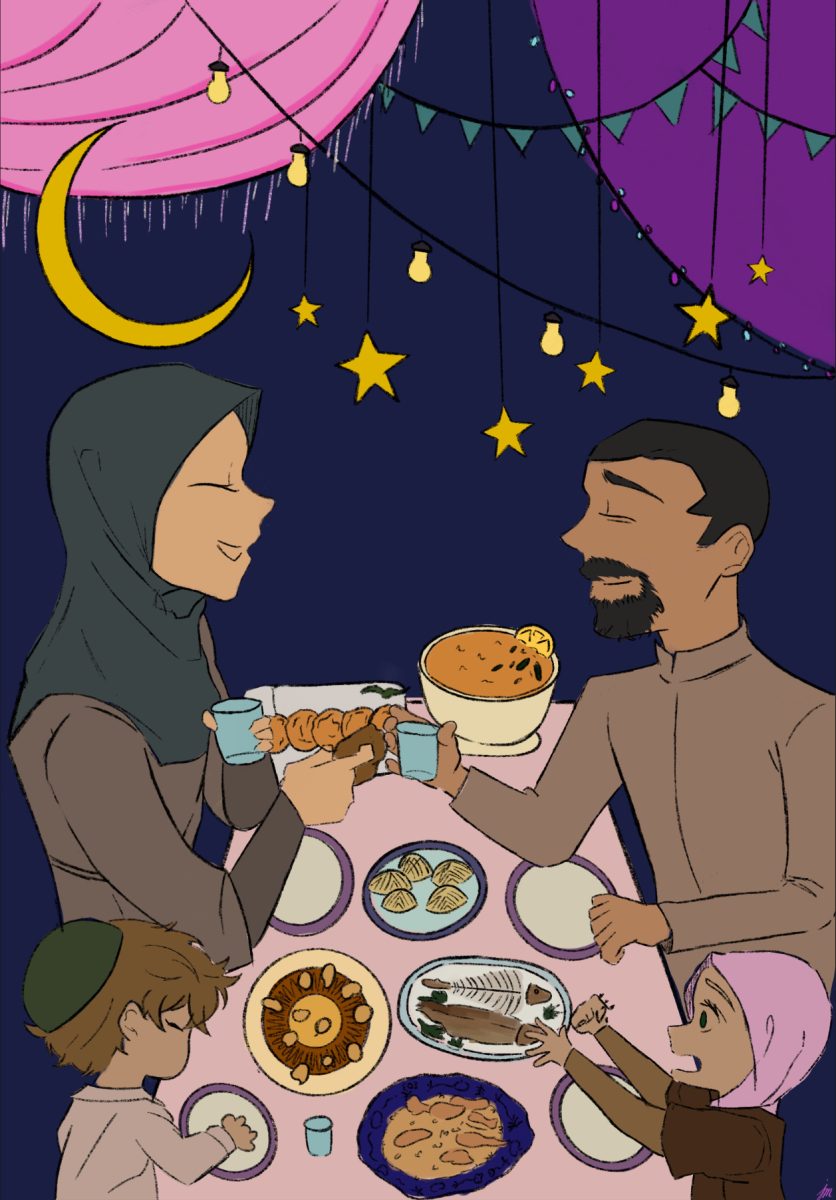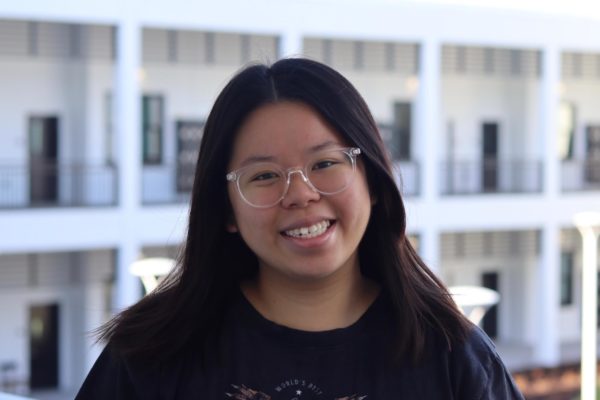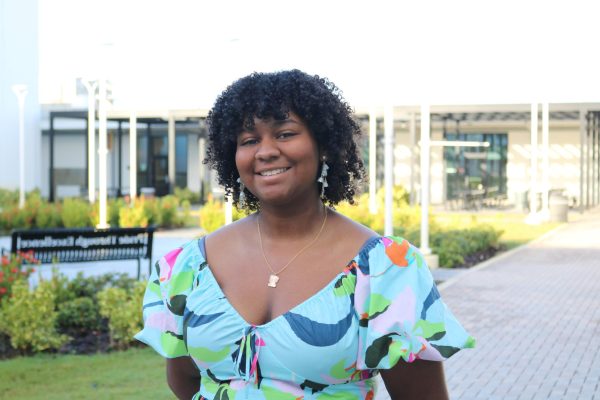Beep, beep, beep goes your alarm. Looking over to your phone, it reads “5 a.m,” instead of the usual 7:30 a.m. alarm. You drag yourself out of bed in order to take part in the morning prayer, Fajr, with your family. After, you eat a full meal before going to school. From then on, you are not allowed to eat or drink anything until sundown. For many students at Robinson, that is what their morning looks like in the month of Ramadan.
Ramadan takes place in the ninth month of the Islamic lunar calendar and is considered the holiest month of the year for many Muslims; it celebrates the revelation of the Quran. This year, it starts on the evening of Sunday, Mar. 10 and ends on Tuesday, April 9.
“Ramadan to me is the time to practice self-reflection, to seek forgiveness and to remember our creator Allah and be grateful for all the things that are given and provided to our life,” Shokhina Afandikhonova (’24) said.
The month of Ramadan looks extremely busy for Afandikhonova and her family. Originally from Tajikistan, they believe it is important to take part in all the rituals Ramadan brings. On top of their regular everyday routine, they also visit the mosque, pray five times a day and most importantly, fast from sunrise to sundown.
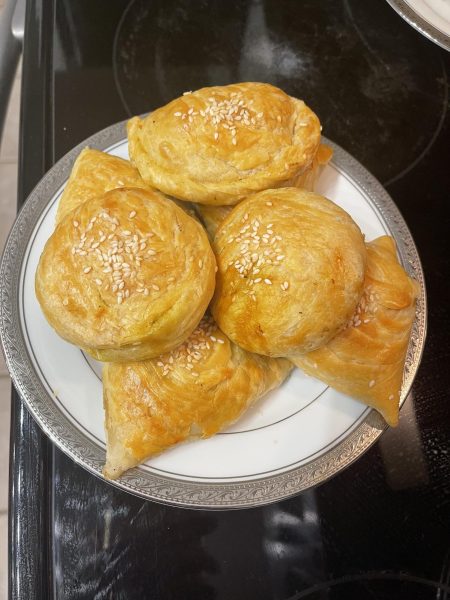
“It definitely is hard to fast, the whole purpose is to be in the people’s shoes who struggle to find food or barely have any. I usually try to distract myself the whole day so that I don’t think about food or water, but it does get easier for me at least as the month goes by,” Afandikhonova said.
Despite the challenges, she emphasizes how Ramadan is one of her favorite holidays as it allows her and her family to connect to their culture and remember their values. She believes that the most important part of Ramadan is improving herself. However, her favorite part remains to be the food, especially when fasting ends.
“My favorite part of Ramadan is definitely eating all the delicious food. At the end of the day, everyone gets hungry and my family just looks forward to the big meals. A memorable moment would be just everyone in my family gathering to prepare the different types of meals for all of us to enjoy later and it is all so worth it. Every Ramadan has been great and I can’t wait for Ramadan 2024,” Afandikhonova said.
Just like Afandikhonova, Abdelrahman “Abdo” Aboouzeid (’25) expresses that his favorite part of Ramadan would also be the food, specifically, the meaning behind fasting.
“My favorite part about Ramadan is understanding how amazing water and food is, after experiencing thirst and hunger for a long day from dawn to dusk. I get the first sip of water of the day and it is such an amazing feeling,” Aboouzeid said. “It [fasting] is not hard when you understand that you prevent yourself from the pleasures of this world and focus the whole month on worshipping god.”
For Aboouzeid, who is from Giza, Egypt, he believes that Ramadan is all about family. He highlights how Ramadan is all about the community that he and his family have built. Not to mention, he mentions how more prayers happen during Ramadan in order for individuals to feel closer to God (Allah) and their loved ones.
“We do our best to spend as much time together in it, so we make our plans to be together and pray together. This is because Ramadan is about feeling the things people don’t notice until they don’t have and the month of family gatherings and worship,” Aboouzeid said.
Through all of the Ramadans that he has celebrated, the most memorable for Aboouzeid would be last year’s Ramadan. After watching Aboouzeid fast one day, his friends decided to join him to see what he was experiencing.
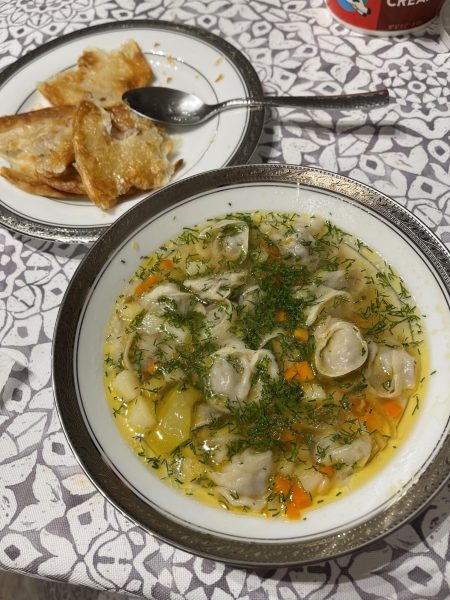
“It’s a little hard only in the lunch period due to all the people eating and drinking for a whole period in front of me. But last Ramadan was memorable because some people tried Ramadan with me who were not Muslims and they understood the blessings of water and food too,” Aboouzeid said.
Ramadan looks a little different for Cadance Stephens (’24). Although she partakes in many of the Ramadan activities and traditions, she does not fast.
“I personally don’t fast, but my mom usually does. For her, it can be hard sometimes, especially if you are out at a fast-food place and get food to go and you have to wait all day just to eat it. However, I still love Ramadan because learning is always a thing I enjoy and. love to see others learn about different cultures and holidays,” Stephens said.
Stephens, along with Afandikhonova and Aboouzeid, all hope that individuals who do not celebrate Ramadan understand why they are doing this and respect their traditions, as this important holiday teaches them self-discipline and empathy.
“I hope people not familiar with Ramadan can understand why people do it. And that they can appreciate something that they may not take part in in any capacity. It’s way more than just fasting for the day, but breaking bad habits and leading a good life,” Stephens said. “Ramadan means a moment to take the time to put yourself in a place you may have never been with yourself.”

